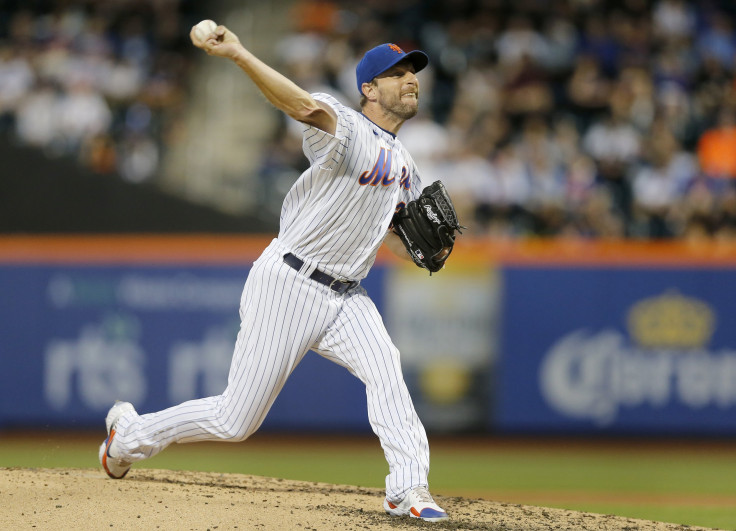MLB Pitch Clock: Baseball Games Are Much Shorter In Spring Training Under New Rules
If spring training is any indication, the MLB pitch clock will have the exact effect that the league had hoped. Perhaps the most important of the new rule changes for the 2023 season is already having a significant impact on the length of baseball games.
After the first weekend of spring training contests, the average length of games with the MLB pitch clock is two hours and 38 minutes, according to ESPN. When no pitch clock was used during 2022 spring training, baseball games lasted an average of three hours and one minute.
Without any of the league's new rules, the average nine-game inning during the 2022 MLB regular season took three hours and three minutes.
MLB has been working on ways to speed up the pace of games, which had slowed dramatically with the introduction of video replay. TV ratings were also suffering from the lengthy delays and longer games.
Although it's a small sample size, there are plenty of reasons to believe that the 23-minute difference between spring training game times is no fluke. An average of 12 runs are being scored in 2023 spring training games, compared to just 10.6 runs last year. More runs usually mean a longer game, but it appears that the pitch clock has prevented that from happening.
When the minor leagues instituted the pitch clock last season, they saw almost identical results. The average game length dropped by 25 minutes from the 2021 season to the 2022 season. According to the commissioner's office, the average minor-league game lasted two hours and 38 minutes last year.
The MLB pitch clock gives pitchers 15 seconds to throw the ball when the bases are empty and 20 seconds to deliver the pitch when at least one runner is on base. If the clock expires before the pitcher throws the ball, it results in an automatic ball for the hitter.
Time for another update from MLB on pitch-timer violations so far:
— Jayson Stark (@jaysonst) February 27, 2023
16 games Sunday
35 clock violations
27 by pitchers
8 by hitters
Total for the spring:
35 games Fri-Sun
69 clock violations
1.97 per game
Now slightly above the Week 1 rate in the minors last year (1.73/game)
It's much more than just a limit on how long the pitcher can hold the ball that is speeding up games. Pitchers can only make two pickoff attempts per plate appearance. If a pitcher tries to pick off a runner for a third time, the runner is awarded a stolen base if he isn't thrown out.
Batters are subject to a pitch clock. If a hitter isn't inside the box with eight seconds left on the pitch clock, they are given an automatic strike.
The new rule was on full display Saturday when Atlanta Braves shortstop Cal Conley violated the rule and was called out on an automatic third strike. It was a tie game in the bottom of the ninth inning between the Braves and Boston Red Sox. Conley was up with a full count and a chance to give Atlanta the victory.
Players have one month to get used to the new rules until meaningful games begin.

© Copyright IBTimes 2025. All rights reserved.






















